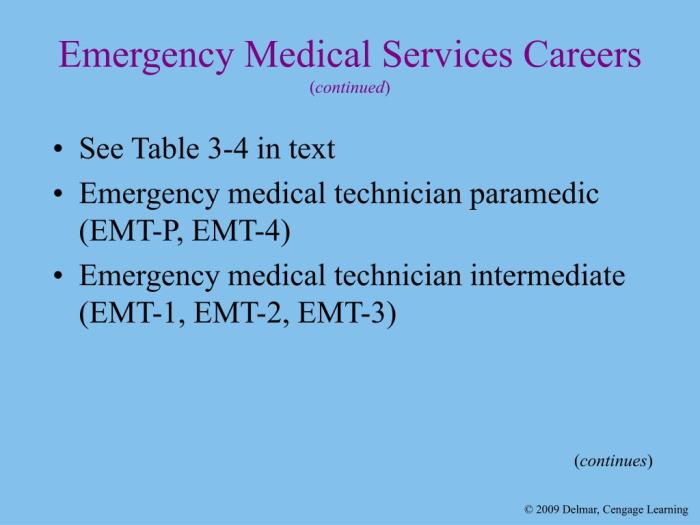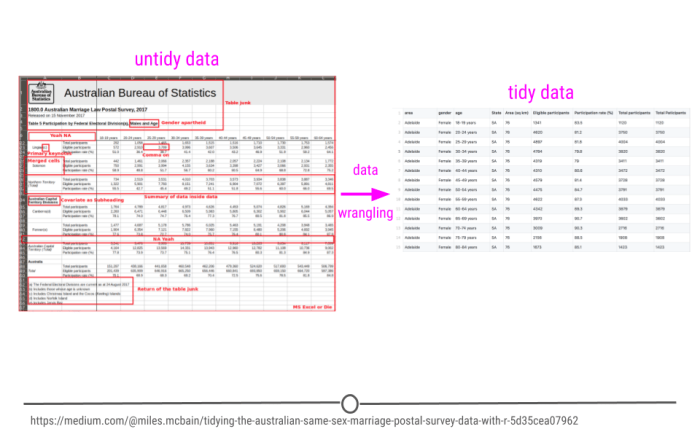Embarking on a journey through Chapter 3 Careers in Health Care Word Search, we delve into the multifaceted world of healthcare professions, uncovering the vast array of opportunities available within this essential sector. From defining the essence of healthcare careers to examining the diverse range of healthcare professions, this exploration unravels the significance of healthcare professionals in shaping the fabric of our society.
Delving further into the types of healthcare careers, we present a comprehensive table categorizing various healthcare professions, outlining their job descriptions, educational requirements, and salary ranges. This detailed analysis provides a clear understanding of the diverse career paths available within the healthcare field.
Overview of Careers in Health Care: Chapter 3 Careers In Health Care Word Search

Health care careers encompass a wide range of professions dedicated to providing medical and non-medical services to individuals and communities. These professionals play a crucial role in maintaining and improving the health and well-being of society.
The health care industry is vast and diverse, offering a multitude of career opportunities. From physicians and nurses to pharmacists and medical technicians, there is a health care profession to suit every skill set and interest.
Health care professionals are highly valued members of society. They provide essential services that contribute to the health and well-being of individuals, families, and communities. Their work makes a tangible difference in the lives of others, making health care careers both personally and professionally rewarding.
Types of Health Care Careers
The health care industry offers a diverse range of career opportunities, each with its own unique job description, education requirements, and salary range.
| Category | Job Description | Education Requirements | Salary Range |
|---|---|---|---|
| Physicians | Diagnose and treat medical conditions, perform surgeries, and prescribe medications | Medical degree (M.D. or D.O.) and residency | $208,000
|
| Nurses | Provide direct patient care, administer medications, and monitor patient health | Associate’s or bachelor’s degree in nursing | $77,600
|
| Pharmacists | Dispense medications, provide patient counseling, and manage pharmacy operations | Doctor of Pharmacy degree (Pharm.D.) | $128,710
|
| Medical Technicians | Perform laboratory tests, operate medical equipment, and assist physicians and nurses | Associate’s or bachelor’s degree in a related field | $40,000
|
Education and Training for Health Care Careers, Chapter 3 careers in health care word search
Pursuing a health care career requires varying levels of education and training. The specific requirements depend on the profession and the level of responsibility associated with the role.
For most health care professions, a post-secondary education is required. This may include an associate’s degree, a bachelor’s degree, or a graduate degree. Some professions, such as physicians, require extensive training and specialized education, including medical school and residency programs.
In addition to formal education, many health care professions require certification or licensure. This ensures that professionals meet certain standards of competence and are qualified to practice in their respective fields.
Financial assistance is available to help students pursue health care education. Scholarships, grants, and loans are offered by various organizations, including government agencies, universities, and private foundations.
Expert Answers
What are the key benefits of working in healthcare?
Working in healthcare offers a range of personal and professional benefits, including the opportunity to make a tangible difference in the lives of others, job security, and continuous learning and growth.
What are the challenges faced by healthcare professionals?
Healthcare professionals often face challenges such as long working hours, emotional and physical demands, and the need to stay up-to-date with the latest medical advancements.
What is the job outlook for healthcare professionals?
The job outlook for healthcare professionals is expected to grow faster than average in the coming years, driven by the increasing demand for healthcare services and the aging population.
